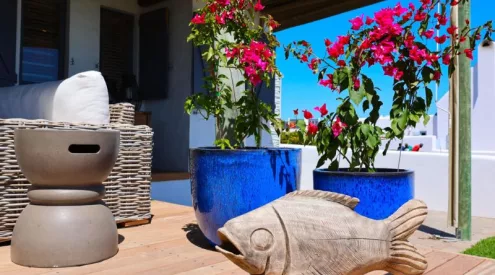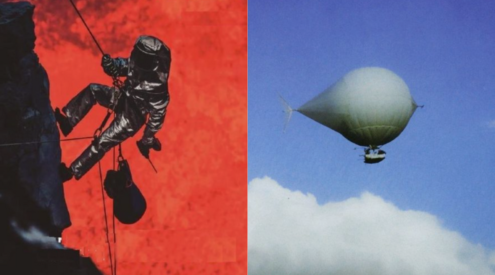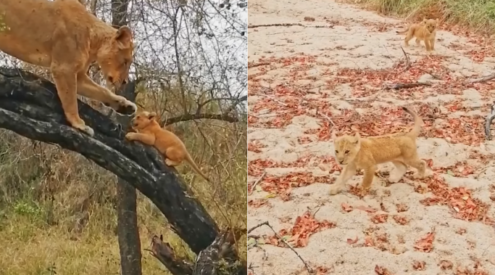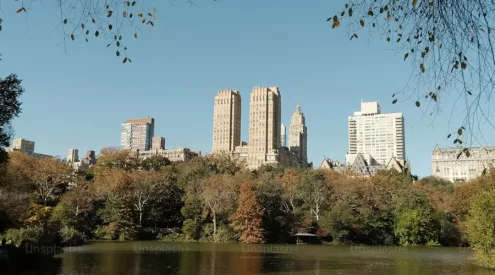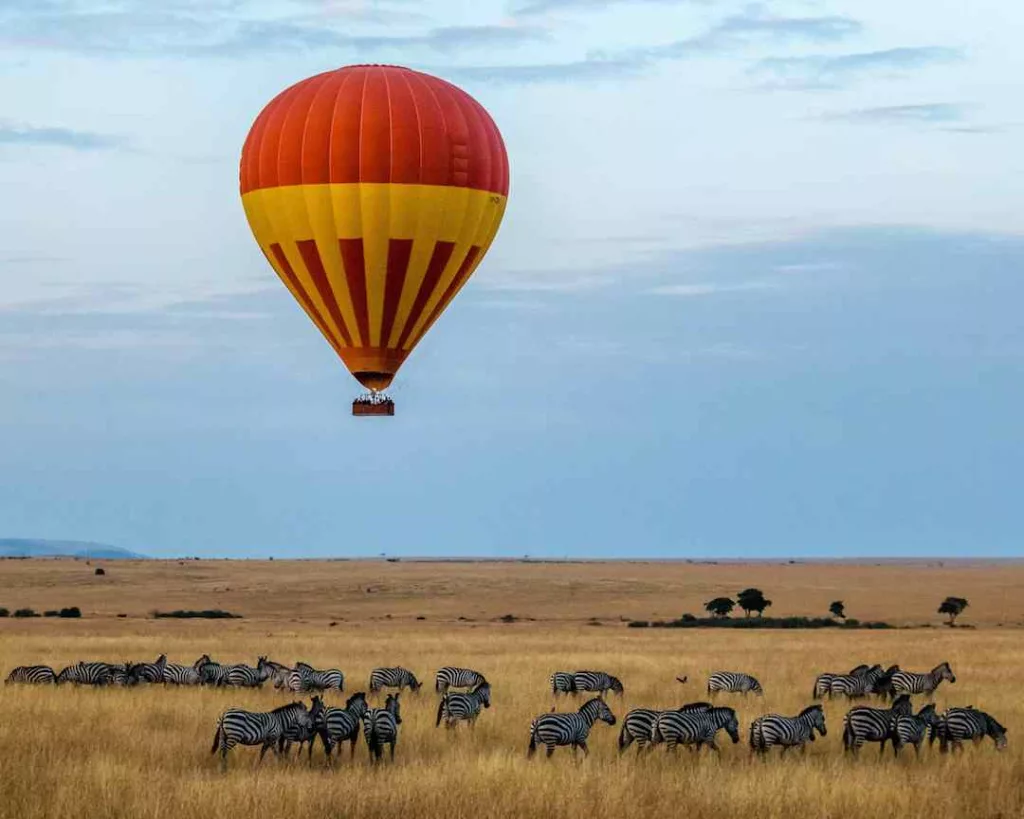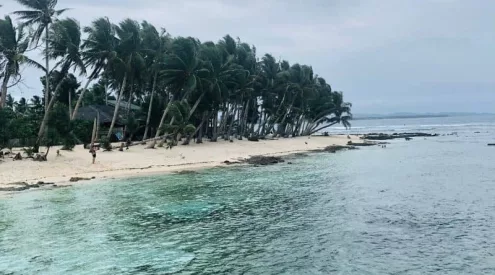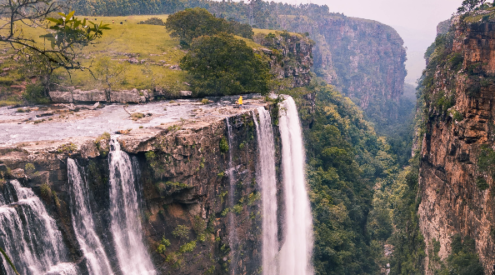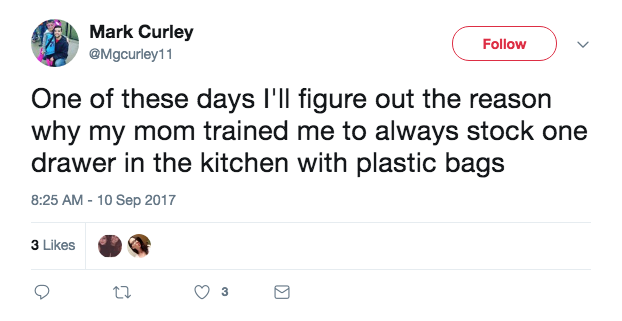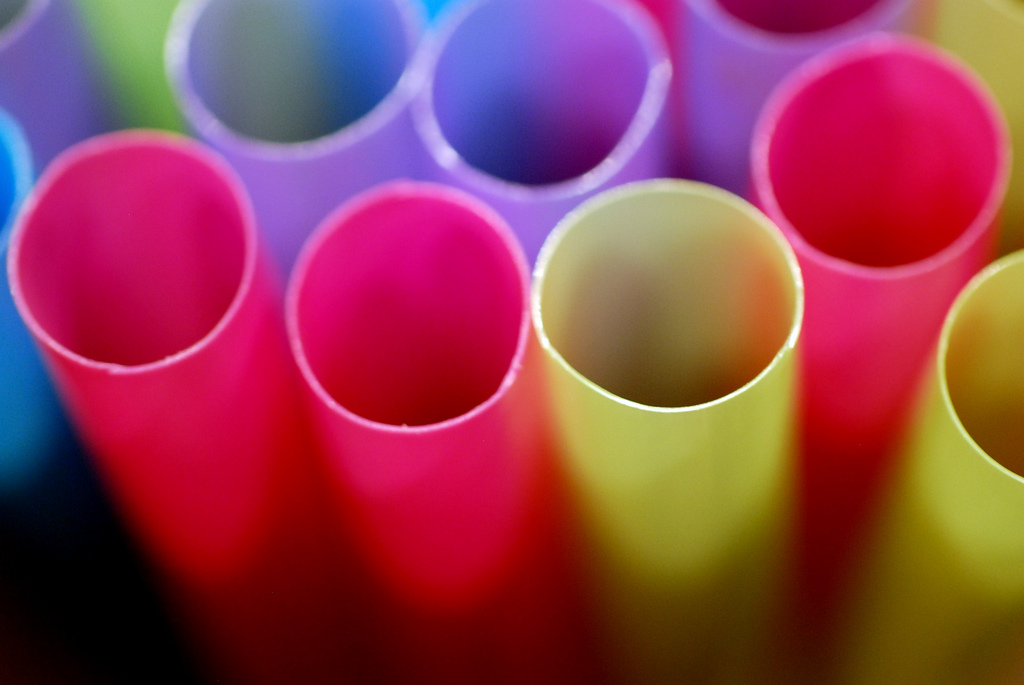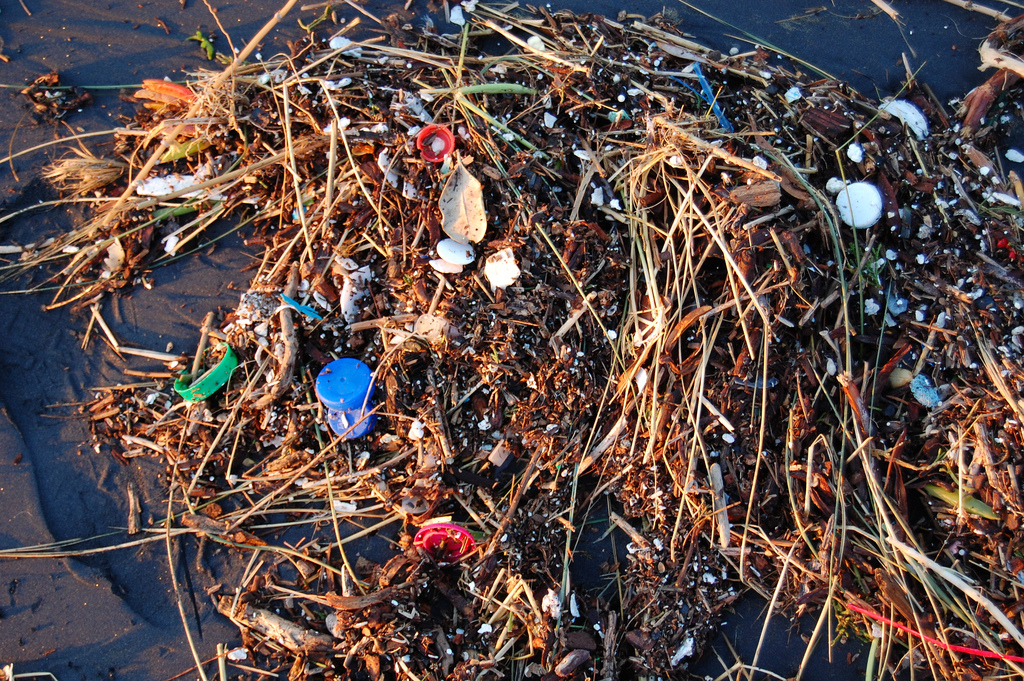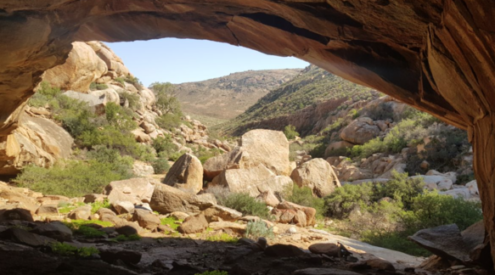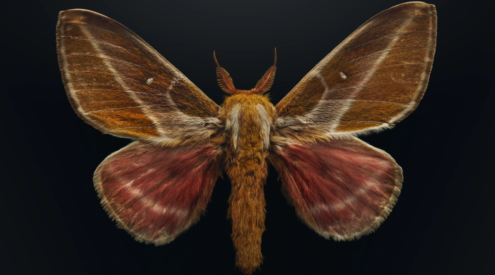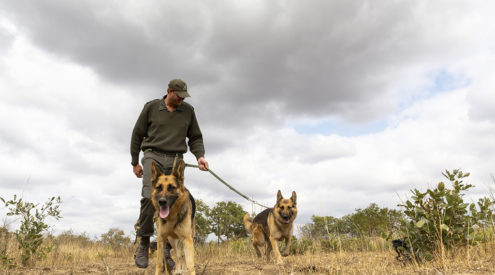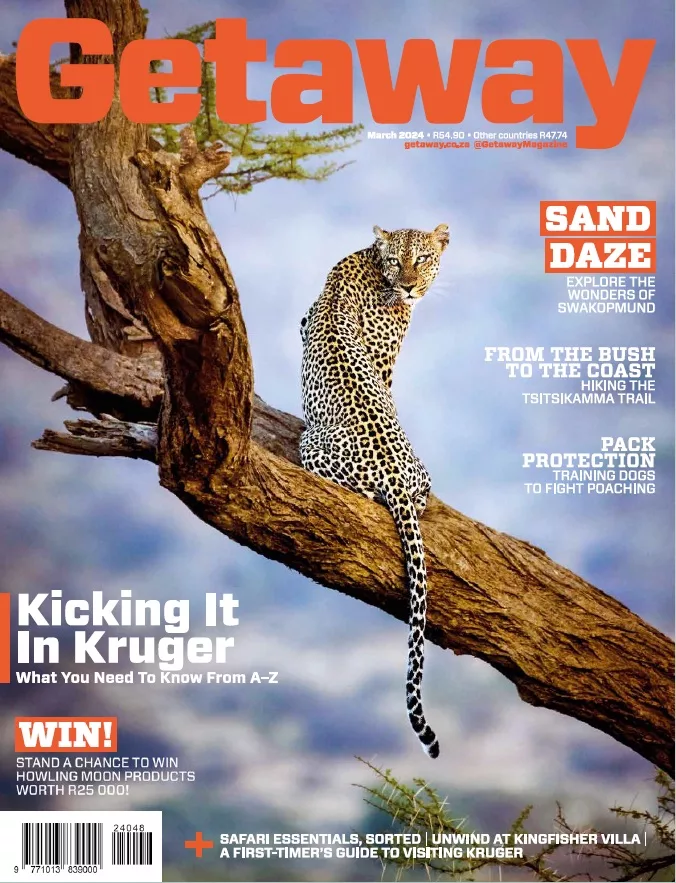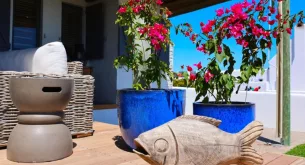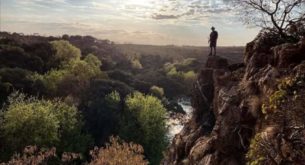Saving our oceans starts at home. Whether it’s minimising plastic-use, recycling or volunteering on coastal conservation projects, here are seven ways to help protect the ocean.
1. Reduce plastics
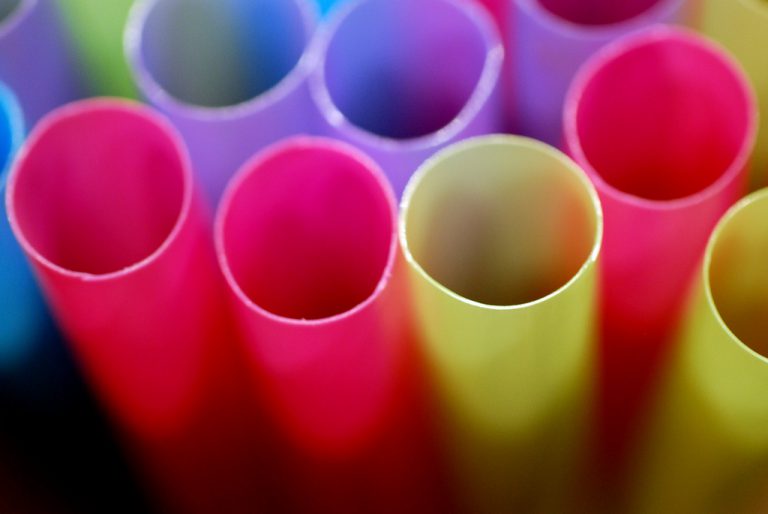
Plastic takes more than 400 years to break down. Photo by pixi acid.
Going plastic-free might be easier said than done, but we found some practical ways to start cutting down:
- Say goodbye to straws. Marine animals are prone to choking on these plastic pipes because they resemble food. Decline them in restaurants (some dining establishments don’t even offer straws anymore) and try paper straws or longer lasting stainless steel straws instead.
- Bring your own mug to your favourite coffee shop or pitstop on a road trip. It might seem embarrassing at first, but more people are asking for coffee served in their own mugs instead. Try using this colourful ECoffee Cup made from biodegradable bamboo fibres.
- Get a reusable shopping bag. The kitchen drawer (a.k.a the plastic bag storage facility) can be a thing of the past. Woolworths has reusable bags from as little as R15.
- Avoid pre-packaged fresh produce. Either carry a reusable bag to place your fruit and vegetables in or have them delivered to your door in a box. The Munching Mongoose in Joburg and the Oranjezicht City Farm Market in Cape Town specialise in box deliveries of organic produce. Capetonians can also try Wild Organics . Otherwise Eat Your Home caters to most suburbs in Durban and their products are all sourced locally.
- Buy in bulk and commit to using refillable containers. If you want to go the extra mile, make your own cleaning products. Good Housekeeping has some simple recipes to guide you.
- Buy environmentally friendly packaging. GreenHome offer their services in Cape Town, Johannesburg, Port Elizabeth and Durban and sell biodegradable products like cutlery, plates, cups, takeaway containers and toilet paper. This great eco-friendly store, Faithful to Nature, also delivers these items.
2. Recycle
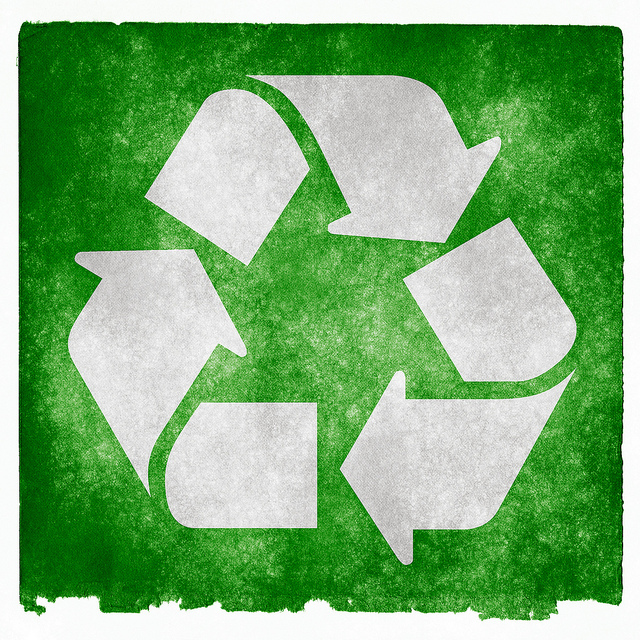
Recycling and re-using plastic is better for the planet and job employment. Image by Nicolas Raymond.
You definitely saw this one coming. The fact is that South Africa’s landfill sites are running out of space and recycling is something we should all be determined to do. Plastics in landfills are dangerous because they release methane in large amounts and a number of toxins, which later leach into water systems. You’ve also probably heard that by 2050 there will be more plastic than fish in the sea.
Recycling plastic can get a little complicated, but there are a few services you can rely on to easily get the job done. EcoMonkey and Whole Earth in Joburg provide collection services for recycling material. In Cape Town, Clearer Conscience also fetches recyclable matter from your doorstep and Greencycle in Port Elizabeth collects most recyclable items and take most kinds of plastic.
3. Choose a sustainable fish dish

The Southern African Sustainable Seafood Initiative (SASSI) provides solutions to unsustainable fishing practices. Use their colour-coded seafood guide so you know what sustainable seafood to choose (green traffic light) or avoid (red traffic light). It’s really user-friendly and you can either use their FishMS service or download the SASSI app or pocket guide. If you love your seafood, you’ve got to love the ocean too.
4. Participate in a beach clean-up
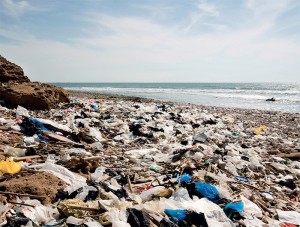
Over 8 million kilograms of rubbish around the world was collected during the 2016 International Coastal Cleanup. Photo by Fabi Fliervoet.
International Coastal Cleanup Day is on 16 September and this year, the Getaway team will be at Muizenberg to help rid the shores of trash. The WESSA Tourism Blue Flag project and the Let’s Do It! Africa waste awareness campaign are running and supporting 22 registered cleanup events. All you need to do is find the one nearest to you! For more details, read: how to help our seas on International Coastal Cleanup Day.
5. Learn about SA’s Hope Spots
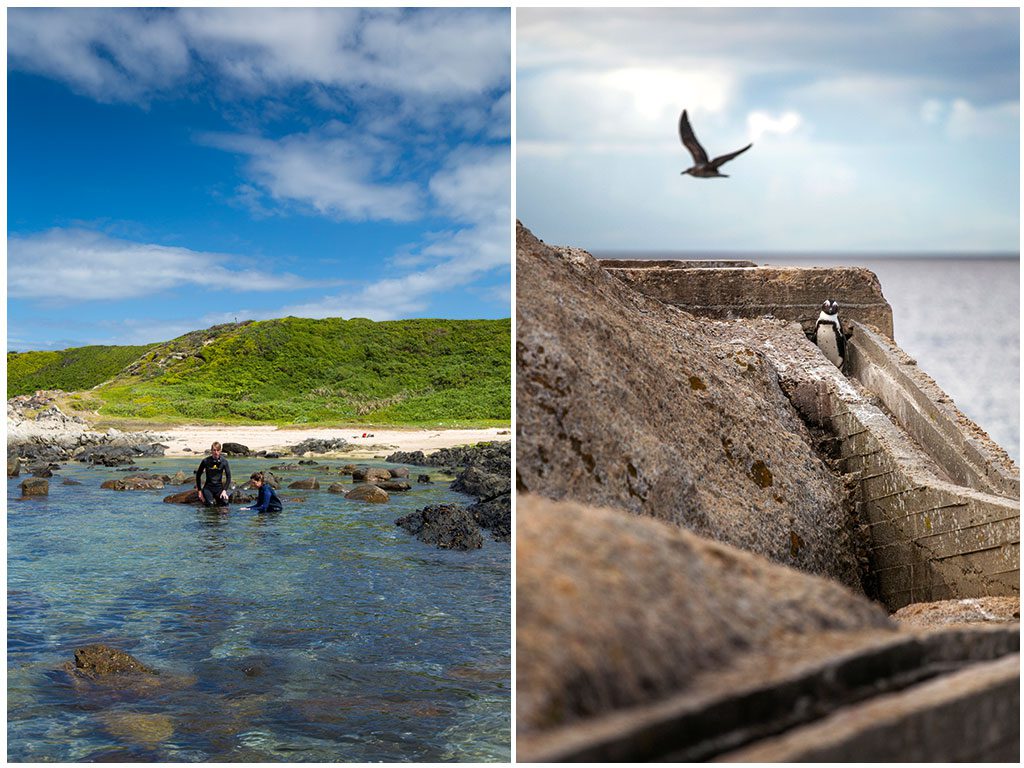
False Bay Hope Spot has plenty of pools to explore sea life; Hope Spots are not only about the sea life but the entire coastal ecosystem. Photos by Teagan Cunniffe.
A Hope Spot is a special conservation area vital to the health of the ocean. There are six in South Africa: Aliwal Shoal (KZN), Algoa Bay (Eastern Cape), Plettenberg, Knysna, the Cape Whale Coast and False Bay. They are part of a global network of about 70 ocean areas that, because of their ecological value, require protection from harmful practices. South Africa has plenty of opportunities to get involved in conservation efforts concerning these important Hope Spots.
Also read: Marine conservation: how you can get involved
6. Volunteer

African penguins are currently highly endangered and populations are decreasing quickly. Photo by flowcomm.
SAMREC (SA Marine Rehabilitation and Education Centre) in Port Elizabeth allows volunteers to rise through the ranks by going from cleaning windows to supervising the feeding and cleaning of penguins. At the Two Oceans Aquarium (Cape Town), you can become an ocean ambassador and teach visitors about our coastlines plants and animals. There’s also the opportunity to become a volunteer scuba diver. uShaka Sea World also needs aquarium volunteers on weekdays. Want to join up? Responsibilities include preparing food and cleaning tanks and exhibit areas.
7. Show appreciation to marine environments
On 7 October, it’s African Penguin Awareness Day and all the attention will be turned to this endangered species. Penguins that have been rescued and rehabilitated will be released into the wild at Seaforth Beach, Simon’s Town. A Penguin Festival on the lawns will follow with exhibits.
The Cape Recife branch of SANCCOB in Port Elizabeth will host a 3-kilometre fun walk where prizes can be won for the best poster and best dressed. The proceeds will go towards the new seabird hospital and their other projects. Make sure you get involved because every small effort counts. It will be lots of fun too!
If you want to do more, you can adopt a penguin at SANCCOB or help build a new penguin colony at De Hoop Nature Reserve with Birdlife.
‘In the end, people are only going to protect what they love’, says David de Villiers of Ocean Adventurer. See more in the video below.
Once you get to know something, it’s easier to appreciate it – and you’ll want to do something to protect it. So, spend time in an aquarium or make plans to see one of the ocean’s most epic migrations. The Hermanus Whale Festival is on from 29 September to 1 October. Look out for their Eco-Marine Village, which will have amazing interactive displays from volunteers, marine biologists and other scientists. If you happen to go past Gansbaai, stop at the African Penguin and Seabird Sanctuary – there is no entrance fee!
Any other great ideas? We’d love to know.

